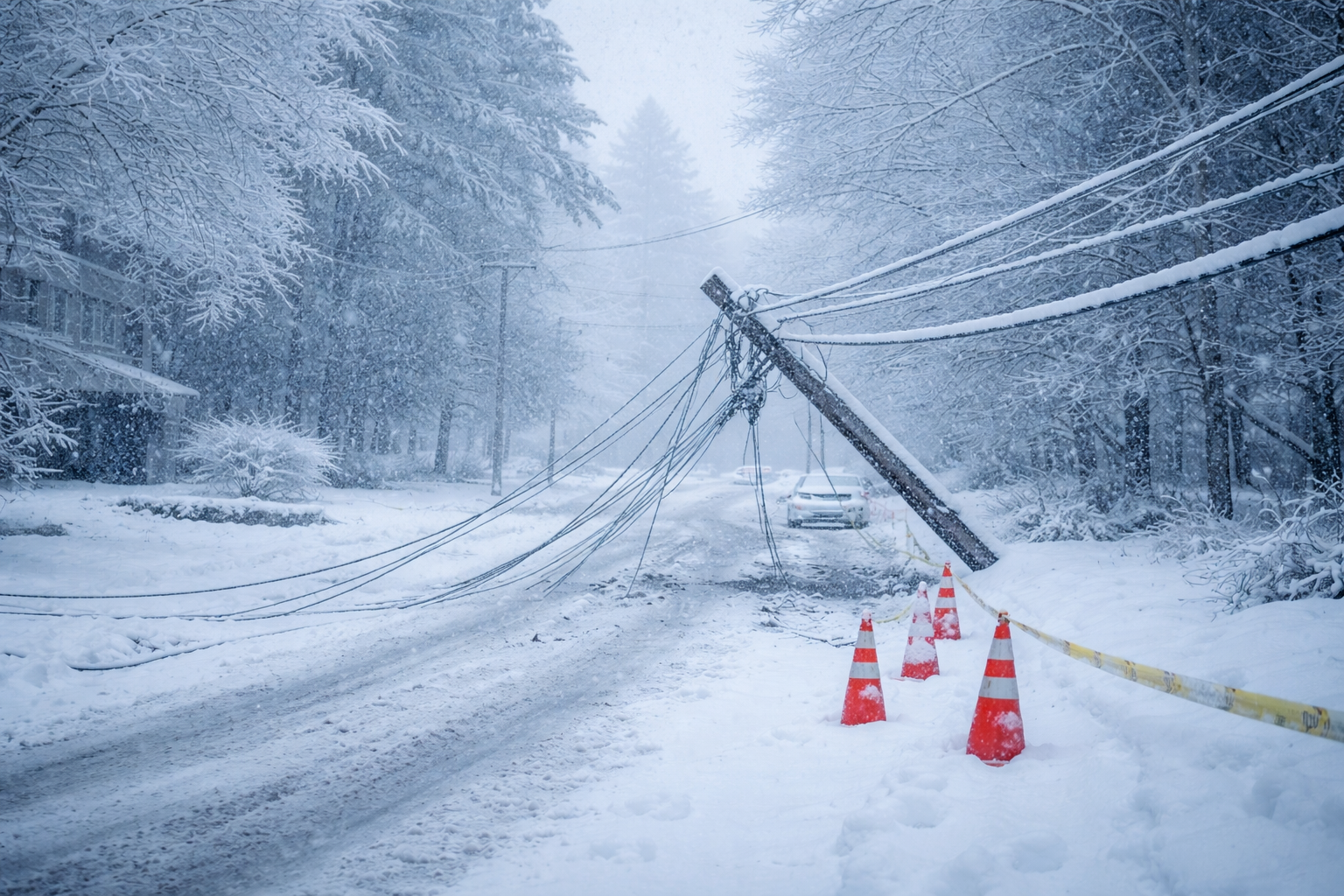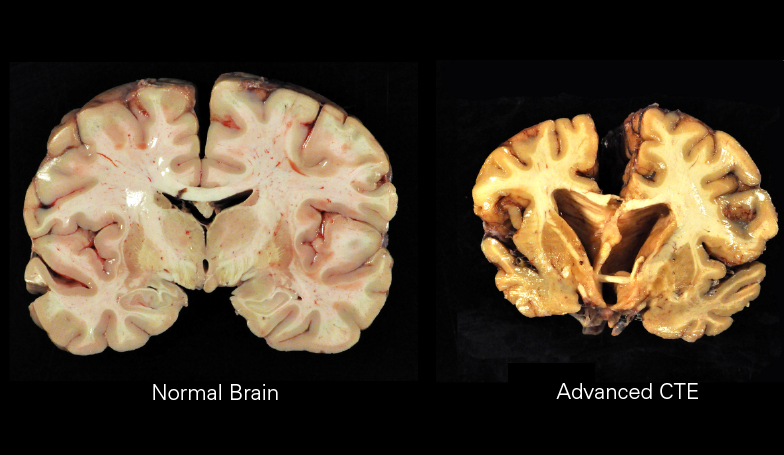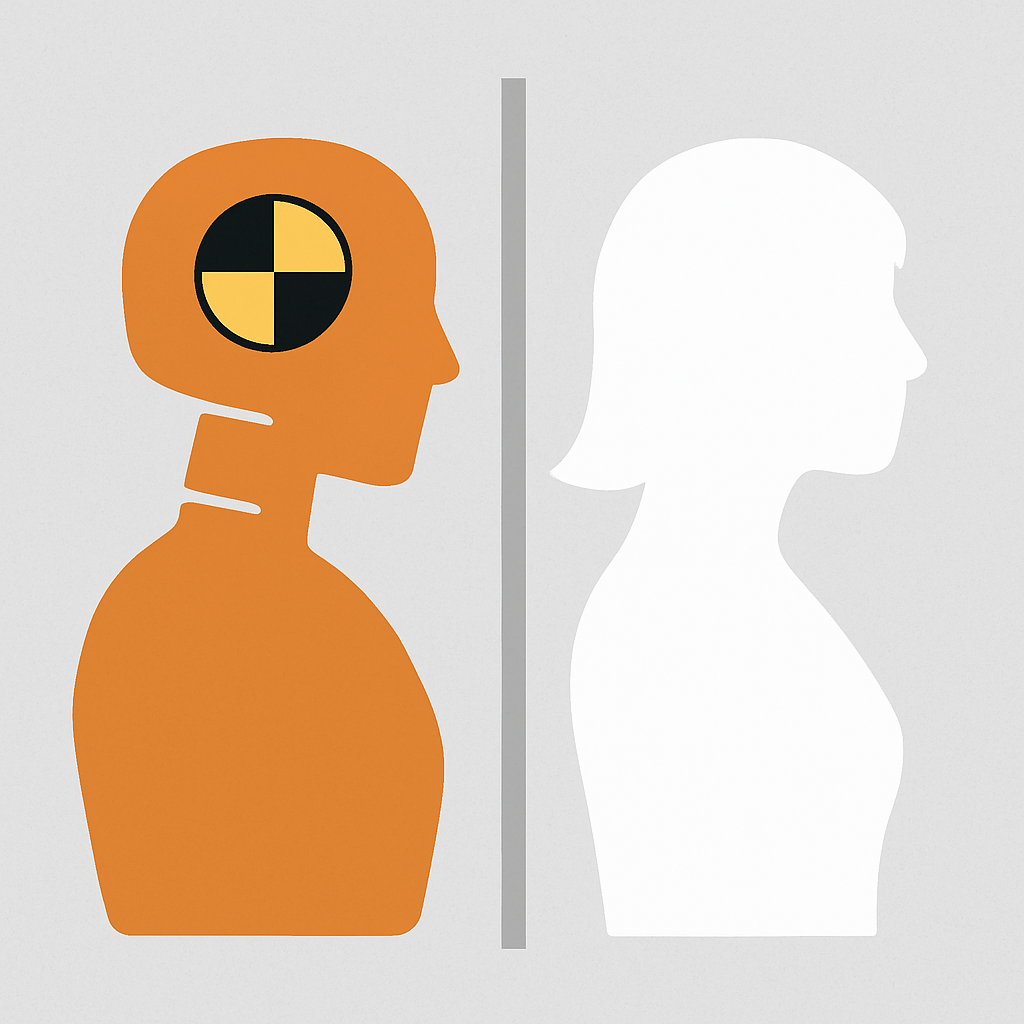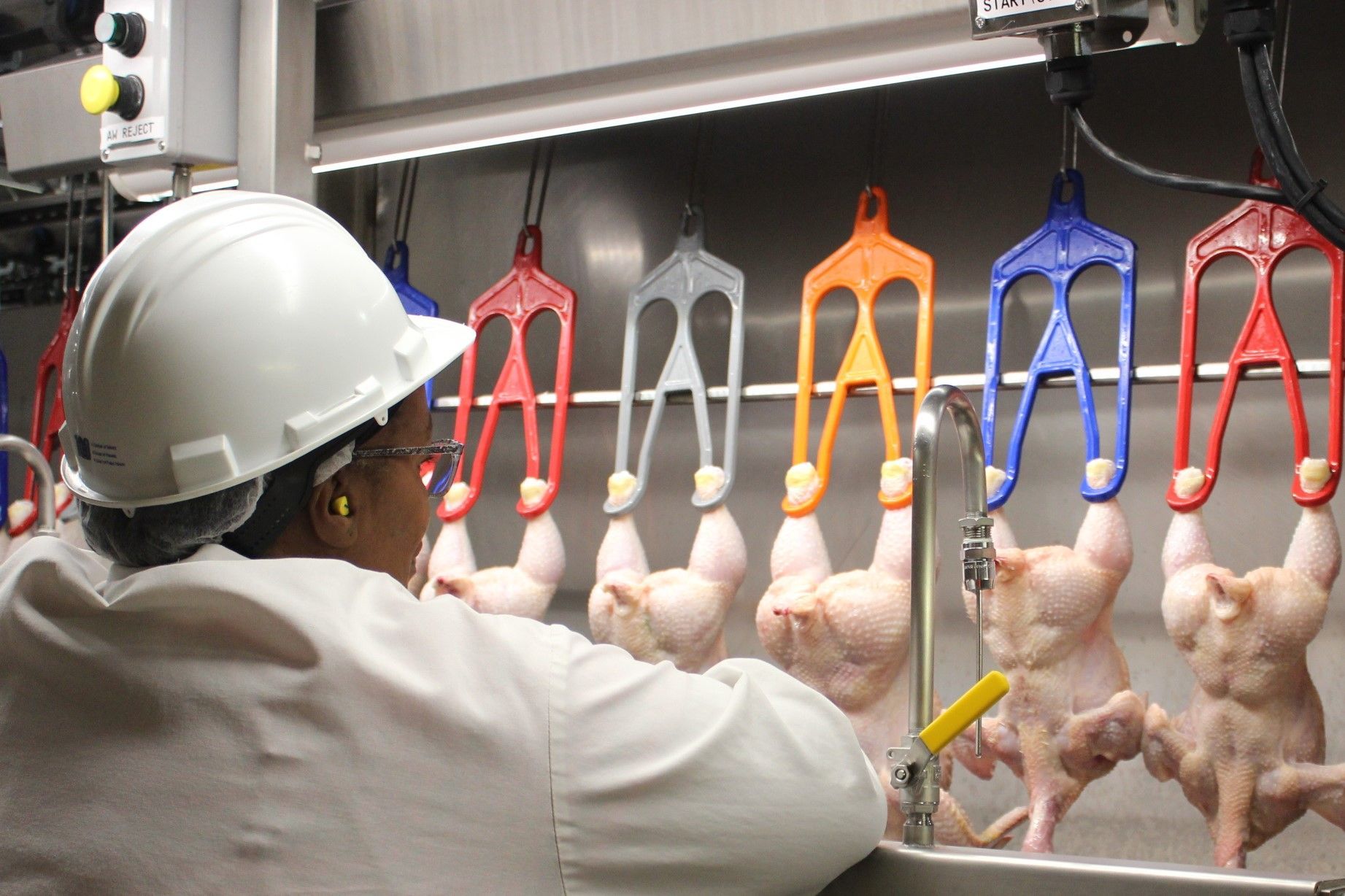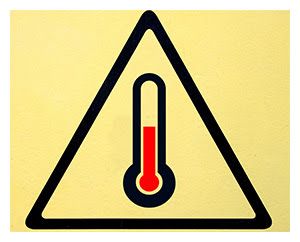Thirty years ago in 1992, 81-year old Stella Liebeck of Albuquerque, New Mexico bought a cup of coffee through the drive-thru window at her local McDonald’s. Her grandson was driving the pickup truck while Liebeck rode in the front passenger seat. After pulling out of the drive-thru, she asked her grandson to pull over to the side of the parking lot so that she could put creamer in the coffee. It was during that process that the coffee spilled into her lap and scalded her. In fact, she suffered third-degree burns over her pelvic area that put her in the hospital for 8 days. She underwent skin grafting followed by two years of continuous medical treatment. Her injuries were real, excruciatingly painful, and--perhaps most importantly--they were debilitating.
McDONALD’S HASN’T LEARNED ITS LESSON: HOW HOT IS TOO HOT?
Once again, just as with Stella Liebeck almost thirty years earlier, McDonald’s was caught serving its food and beverages at temperatures significantly higher than the rest of the industry, at temperatures sure to result in serious burns to its customers, should they suffer a situation similar to Olivia’s or Stella’s. While McDonald’s may have believed (and still may believe) they are only doing what their customers want...in fact, the Florida jury did NOT find fault with McDonald’s for serving the extremely hot food...McDonald’s was still at fault for not warning their customers that the food could actually cause them to suffer serious burn injuries. In short, McDonald’s failed to engage in what I call “principled disclosure”, simply telling its customers the truth about its products and letting their customers make “informed choices” about whether to buy their overheated products and, if bought, how to handle them safely.
Has McDonald’s learned anything from its litigation experiences? I’ll let you be the judge by looking at (or for) the so-called “warning” that McDonald’s now puts on the back of its coffee cups in white print on a yellowish-orange background.
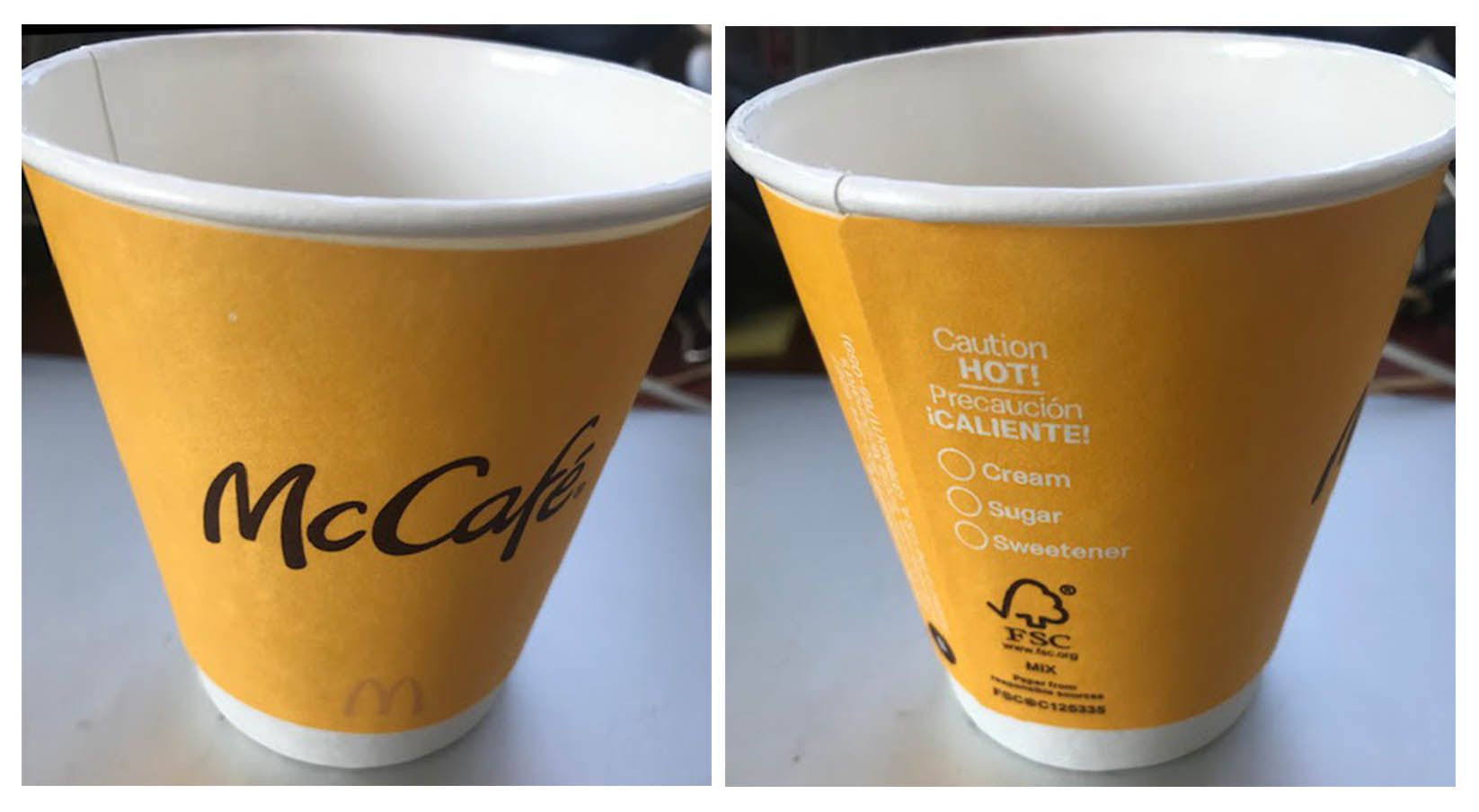
Check out my latest podcast "EXPOSED! An Exclusive Look Behind the Curtain of Corporate Greed"
Check out my book "Murder, Inc.: How Unregulated Industry Kills or Injures Thousands of Americans Every Year...And What You Can Do About It". Available in Hardcover, Paperback, Kindle & Audiobook on Amazon now.
Please feel free to share this issue of the Goldhaber Warnings Report with any interested friends or colleagues who may wish to subscribe to this newsletter or enroll in any of my NACLE courses on warnings.
